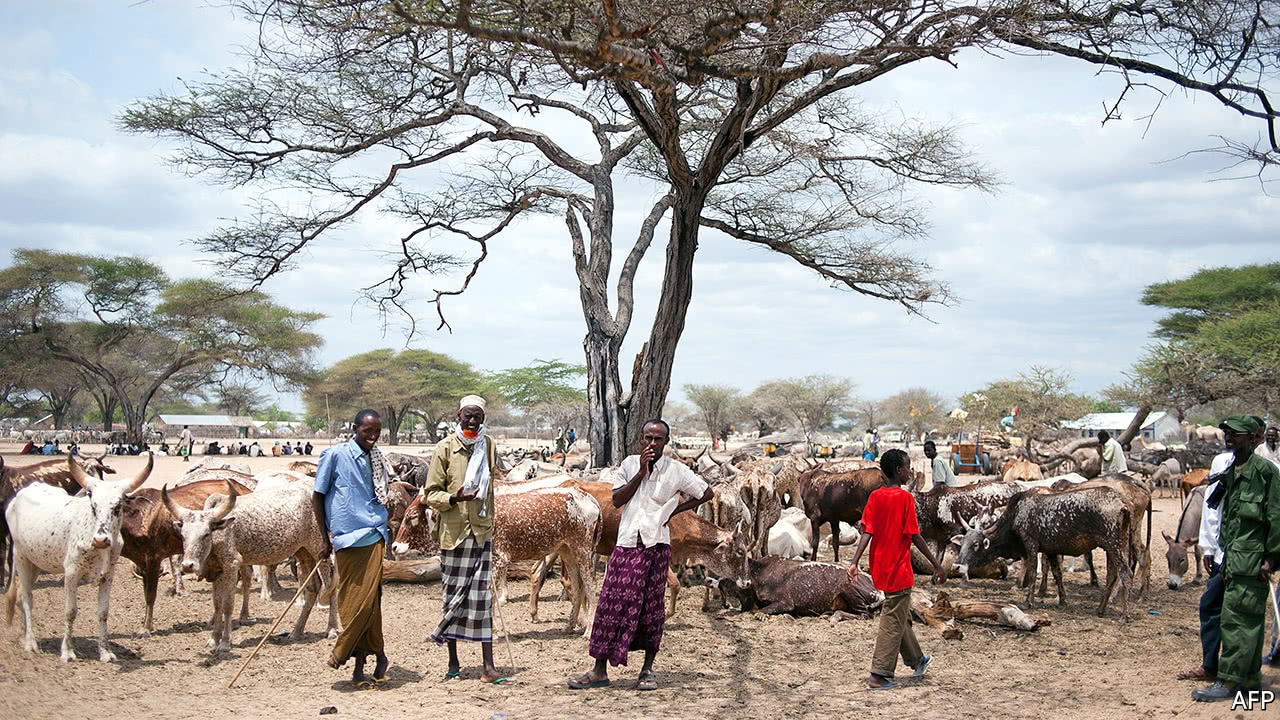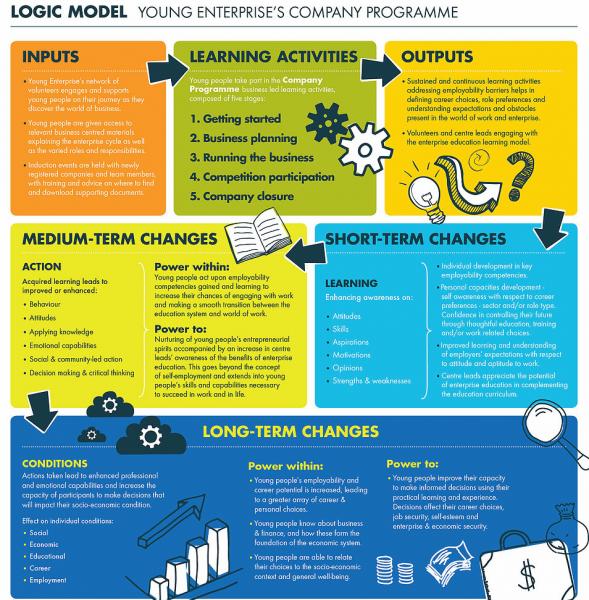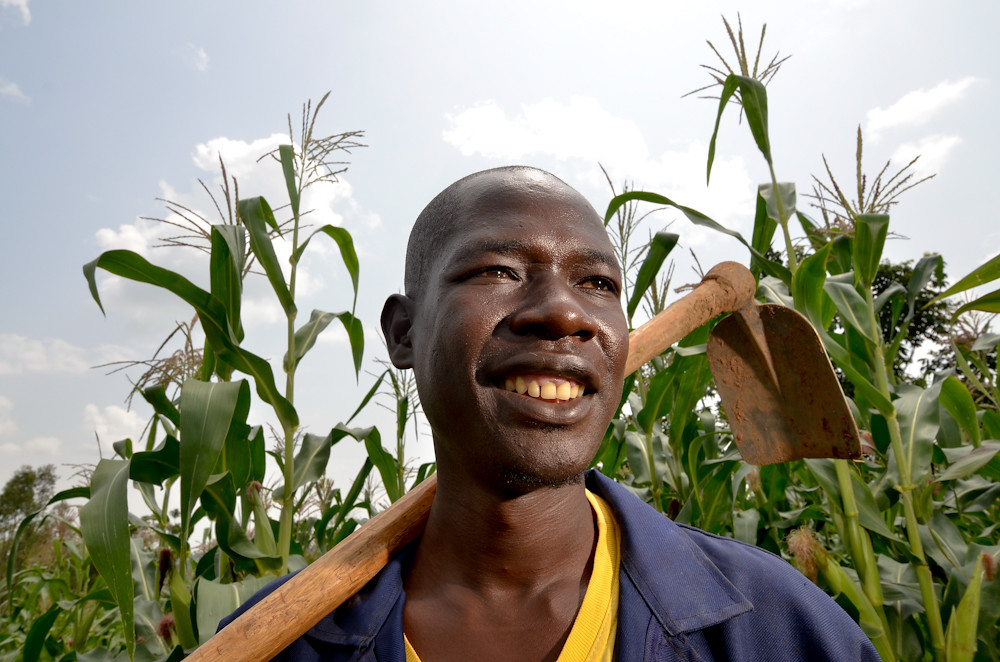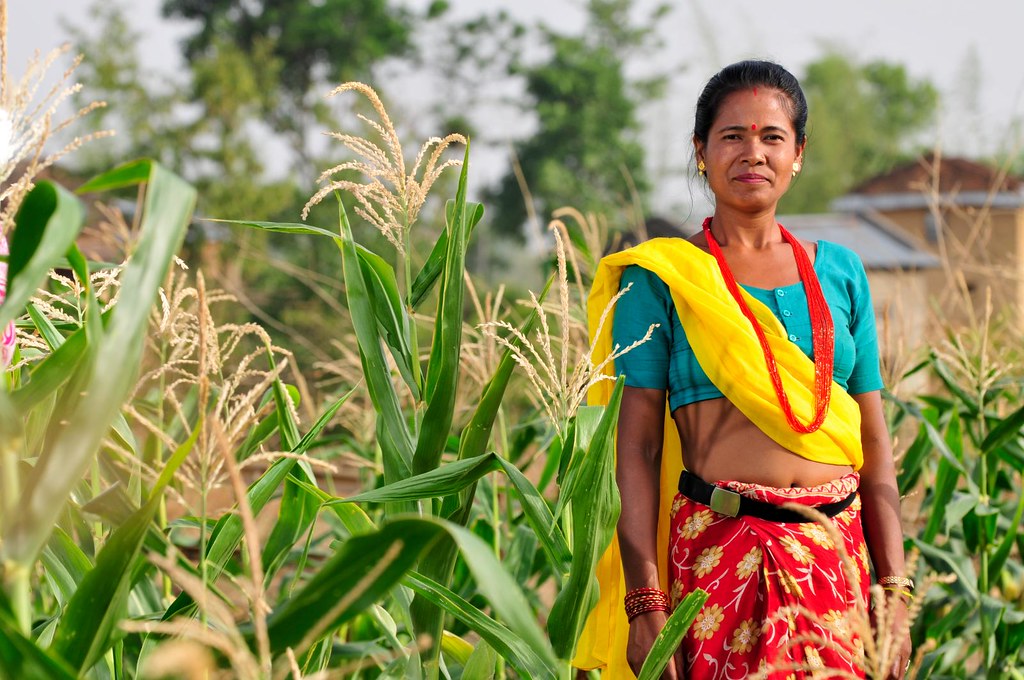With the drought and the state of emergency in Somalia, there are many NGOs trying to fundraise money from wider public. Most stories you will hear through them are stories of famine and dying children. These stories are usually very inconsistent with what i have seen with my own eyes and what i have learned from interviewing key stakeholders.
The last week Economist has a very informative article about what is truly happening in Somaliland and the consequence of the drought. It reflect well the stories that i have heart.
Pastoral lifestyle is under threat : those pastoral families who have lost too many animals have no reason to continue their nomadic life. So they decide to settle, usually next to water point. There they start building houses, enclose land for their needs and therefore start closing the classical nomadic routes. Also they need to create a new livelihood, and start cutting tree and produce charcoal. Less trees lead to more erosion and less water infiltration which will end up reduce the productivity of the grazing land that the pastoral need to feed there animals.
Claims on land in Somaliland are becoming more and important leading to conflict, therefore a policy on land has recently been developed to enhance the existing customary law. But who will enforce it in a state of emergency?
Get a informative read from the Economist here.
 |
| image taken from the Economist |
Pastoral lifestyle is under threat : those pastoral families who have lost too many animals have no reason to continue their nomadic life. So they decide to settle, usually next to water point. There they start building houses, enclose land for their needs and therefore start closing the classical nomadic routes. Also they need to create a new livelihood, and start cutting tree and produce charcoal. Less trees lead to more erosion and less water infiltration which will end up reduce the productivity of the grazing land that the pastoral need to feed there animals.
Claims on land in Somaliland are becoming more and important leading to conflict, therefore a policy on land has recently been developed to enhance the existing customary law. But who will enforce it in a state of emergency?
Get a informative read from the Economist here.


